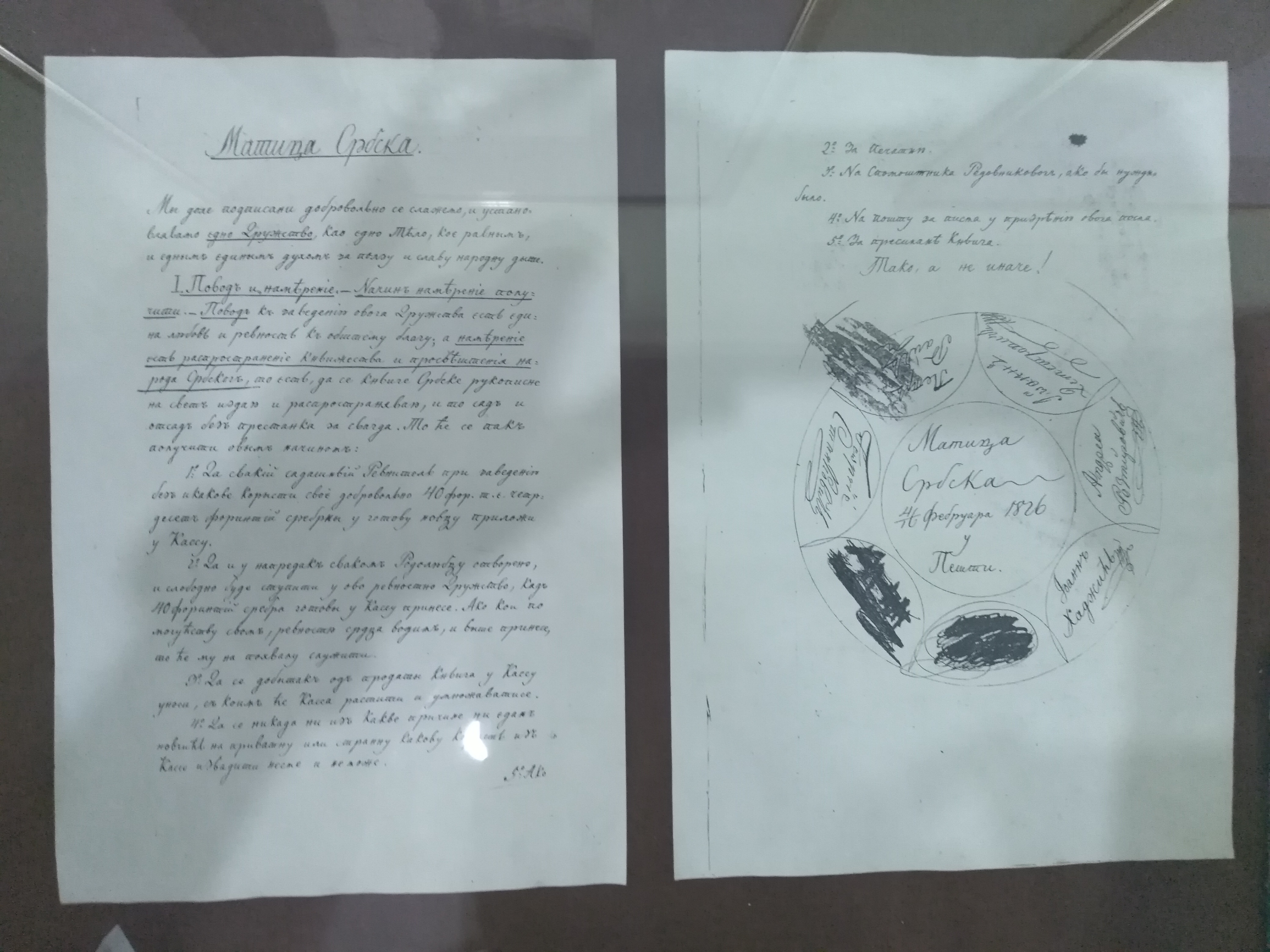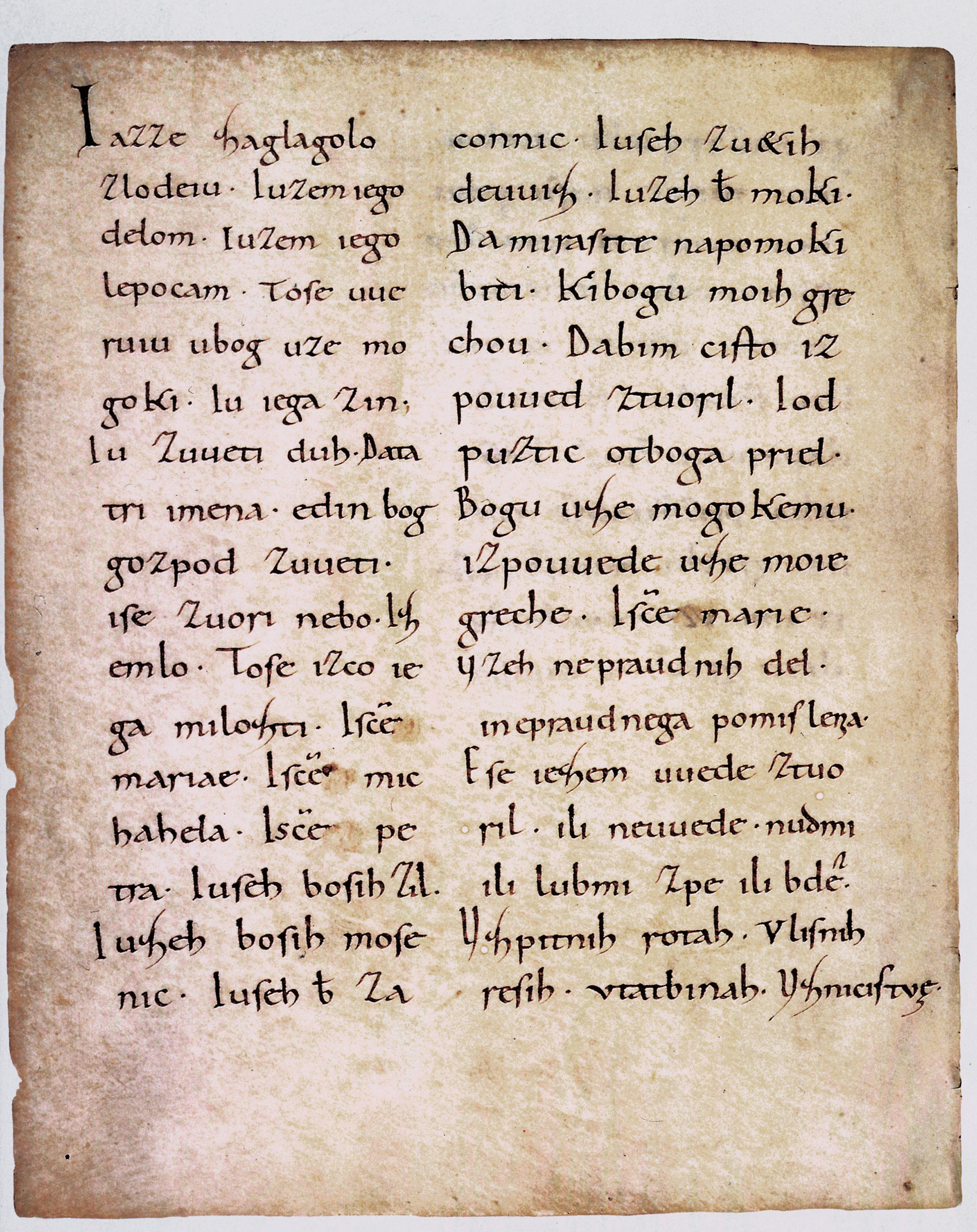|
Dominik Smole
Dominik Smole (24 August 1929 – 29 July 1992) was a Slovenian writer and playwright. Biography Smole was born in Ljubljana in what was then the Kingdom of Yugoslavia. He attended school in Ljubljana and after the end of World War II he was employed as a broadcaster at ''Radio Primorska'' (Radio Slovenian Litoral), which was set up in Ajdovščina by the Yugoslav occupation authorities of the Julian March. He later returned to Ljubljana and worked as stage director at the Slovene Youth Theatre and later at the Drama Theatre. There he met Jože Javoršek, Žarko Petan and Bojan Štih who influenced him in searching for new modes of expression in theatre. In the mid 1950s we worked at Stage '57, an alternative theatre set up by young Slovenian artists and authors, which introduced more modern approaches to Slovene theatre. Smole belonged to the so-called Critical generation, a group of talented young intellectuals, mostly from Ljubljana, who tried to challenge the rigid and r ... [...More Info...] [...Related Items...] OR: [Wikipedia] [Google] [Baidu] |
Matica Srpska
The Matica srpska ( sr-Cyrl-Latn, Матица српска, Matica srpska, ) is the oldest Serbian language independent, non-profit, non-governmental and cultural-scientific Serbian national institution. It was founded on June 1, 1826, in Pest, Hungary, Pest (today a part of Budapest) by the Serbs, Serbian Holy Roman Empire, habsburg legislator Jovan Hadžić and other prominent members of the Serbian Revolution and Serbian Revival, National Revival. The Matica was moved to Novi Sad in 1864. It is the oldest matica in the world. The main goals are to restore and promote Serbian national and cultural identity in the fields of art, science, spiritual creativity, economy and public life as well as to care for social development of Serbia. The literary and cultural society played a huge role in the flourishing of science and culture of the Serbs of Vojvodina, Serbia. The need for national homogenization, enlightenment, as well as the publication of Serbian books, were the main reaso ... [...More Info...] [...Related Items...] OR: [Wikipedia] [Google] [Baidu] |
Stage '57
Stage, stages, or staging may refer to: Arts and media Acting * Stage (theatre), a space for the performance of theatrical productions * Theatre, a branch of the performing arts, often referred to as "the stage" * ''The Stage'', a weekly British theatre newspaper * Stages Repertory Theatre, a theatre company in Houston, Texas Music Performers * Stage, an American band featuring Ryan Star Albums * ''Stage'' (David Bowie album), 1978 * ''Stage'' (Great White album), 1995 * ''Stage'' (Keller Williams album), 2004 * ''Stage'', by Mónica Naranjo, 2009 * ''The Stage'' (album), by Avenged Sevenfold, or the title song (see below), 2016 * ''Stages'' (Cassadee Pope album), 2019 * ''Stages'' (Elaine Paige album), 1983 * ''Stages'' (Eric Clapton album), 1993 * ''Stages'' (Jimi Hendrix album), 1991 * ''Stages'' (Josh Groban album), 2015 * ''Stages'' (Melanie C album), 2012 * ''Stages'' (Triumph album), 1985 * ''Stages'' (Vedera album), 2009 * '' Stages: The Lost Album'', b ... [...More Info...] [...Related Items...] OR: [Wikipedia] [Google] [Baidu] |
France Prešeren
France Prešeren () (3 December 1800 – 8 February 1849) was a 19th-century Romantic Slovene poet whose poems have been translated into many languages.Database of translations – Prešeren , Slovene Book Agency, 2013 He has been considered the greatest Slovene classical poet and has inspired later . He wrote the first Slovene and the first Slovene |
Boštjan Hladnik
Boštjan Hladnik (30 January 1929 – 30 May 2006) was a Yugoslav/ Slovene filmmaker. Hladnik was born in Kranj. He started with amateur short films after acquiring a projector and a 8mm camera in 1947. From 1949 he studied at the Academy for Theatre, Radio, Film and Television in Ljubljana and made a name for himself with several highly acclaimed short films. In 1957, Hladnik moved to Paris to apprentice under French filmmakers such as Claude Chabrol, Philippe de Broca, and Robert Siodmak. Hladnik's early-'60s features, '' Ples v dežju'' (''Dance in the Rain'') (1961) and '' Peščeni grad/Sand Castle'' (1962), influenced the course of Yugoslav cinema, through integrating influences from the nouvelle vague The New Wave (, ), also called the French New Wave, is a French art film movement that emerged in the late 1950s. The movement was characterized by its rejection of traditional filmmaking conventions in favor of experimentation and a spirit of i ... into it. Hladnik has ... [...More Info...] [...Related Items...] OR: [Wikipedia] [Google] [Baidu] |
Ples V Dežju (Russian: Плёс), a town in Privolzhsky District of Ivanovo Oblast
{{disambig, geo ...
Ples may refer to the following places: * Ples, Bistrica ob Sotli, Slovenia * Ples, Moravče, Slovenia * Mrs. Ples, the popular nickname for a complete ''Australopithecus africanus'' skull See also * * Pleš (other) * Pleß (other) * Plyos, Ivanovo Oblast Plyos () is a town in Privolzhsky District of Ivanovo Oblast, Russia, located on the right bank of the Volga River, northeast of Ivanovo, the administrative center of the oblast. Population: Paleontology Fossils of Early Triassic temnospo ... [...More Info...] [...Related Items...] OR: [Wikipedia] [Google] [Baidu] |
Beseda (literary Journal)
''Beseda'' ( rus, Беседа, p=bʲɪˈsʲedə, a=Ru-беседа.ogg, t=debate) was a clandestine discussion circle consisting of liberal "zemstvo men", among them prominent and grand names of the Russian aristocracy.Figes, p. 165 The intelligentsia discussion group was formed in the wake of resumed persecution of the zemstvos after increased liberties during the Russian famine of 1891–92. Beseda was formed in November 1899 and gathered 3 or 4 times a year. Founders of the circle were Dmitry Shakhovskoy, Pavel Dolgorukov, and Prince Sergei Nikolaevich Trubetskoy. It gradually lost its significance and the last meeting was held in October 1905.Kröner, A.W. (1998) "The Debate Between Miliukov and Maklakov on the Chances for Russian Liberalism", p. 23-25 The members, which included among others Prince Lvov, met in the palace of the Princes Dolgorukov in Moscow, and initially restricted discussion strictly to the affairs of the zemstvos. After the persecution of the zemstvos ... [...More Info...] [...Related Items...] OR: [Wikipedia] [Google] [Baidu] |
Slovene Literature
Slovene literature is the literature written in Slovene. It spans across all literary genres with historically the Slovene historical fiction as the most widespread Slovene fiction genre. The Romantic 19th-century epic poetry written by the leading name of the Slovene literary canon, France Prešeren, inspired virtually all subsequent Slovene literature. Literature played an important role in the development and preservation of Slovene identity because the Slovene nation did not have its own state until 1991 after the Republic of Slovenia emerged from the breakup of Yugoslavia. Poetry, narrative prose, drama, essay, and criticism kept the Slovene language and culture alive, allowing—in the words of Anton Slodnjak—the Slovenes to become a real nation, particularly in the absence of "masculine" attributes such as political power and authority. Early literature There are accounts that cite the existence of an oral literary tradition that preceded the Slovene written l ... [...More Info...] [...Related Items...] OR: [Wikipedia] [Google] [Baidu] |
Žale
Žale Central Cemetery (), often simply Žale, is the largest and the central cemetery in Ljubljana and Slovenia. It is located in the Bežigrad District and operated by the Žale Public Company. History The cemetery was built in 1906 behind Holy Cross Church. The first burial was performed in the same year on May 3, when the priest Martin Malenšek was transferred there from the old Navje cemetery. During World War I, many of the fallen soldiers of all sides were buried in Žale. However, they were all Roman Catholics, while Protestants, Jews and Muslims were buried in Navje. In 1923 the authorities allowed Jews and Muslims to be buried in Žale too, but only on the exterior side of the cemetery wall. In 1931 the new part of the cemetery (B part) opened. The Italian military cemetery was arranged there and many Italian soldiers were reburied from the A part. At the same year the Jewish part of the cemetery was arranged too, however it was separated from the main part by a ... [...More Info...] [...Related Items...] OR: [Wikipedia] [Google] [Baidu] |
Edvard Kocbek
Edvard Kocbek (, ) (27 September 1904 – 3 November 1981) was a Slovenian Yugoslav poet, writer, essayist, translator, member of Christian Socialists in the Liberation Front of the Slovene Nation and Slovene Partisans. He is considered one of the best authors who have written in Slovene, and one of the best Slovene poets after Prešeren. His political role during and after World War II made him one of the most controversial figures in Slovenia in the 20th century. Biography Early life and school Kocbek was born in the village of Sveti Jurij ob Ščavnici in the Duchy of Styria, then part of the Austro-Hungarian Empire, now in Slovenia. His father Valentin Kocbek was originally from the nearby Slovene Hills () area, while his mother Matilda, née Plohl was from the neighboring village of Sveti Tomaž in the Prlekija Hills. The couple moved to Sveti Jurij, where Valentin Kocbek worked as an organist in the local Roman Catholic church. Edvard was the second of four ... [...More Info...] [...Related Items...] OR: [Wikipedia] [Google] [Baidu] |
Jože Pučnik
Jože Pučnik (9 March 1932 – 11 January 2003) was a Slovenian public intellectual, sociologist and politician. During the communist regime of Josip Broz Tito, he was one of the most outspoken Slovenian critics of dictatorship and lack of civil liberties in SFR Yugoslavia. Pučnik was imprisoned for a total of seven years, and later forced into exile. After returning to Slovenia in the late 1980s, he became the leader of the Democratic Opposition of Slovenia, a platform of democratic parties that defeated the communists in the first free elections in 1990 and introduced a democratic system and market economy to Slovenia. Pučnik is also considered one of the fathers of Slovenian independence from Yugoslavia. Early life and formation Pučnik was born in the village of Črešnjevec in Slovenian Styria (now part of the municipality of Slovenska Bistrica), in what was then the Kingdom of Yugoslavia. He came from a Roman Catholic peasant background. His family had supported the ... [...More Info...] [...Related Items...] OR: [Wikipedia] [Google] [Baidu] |



